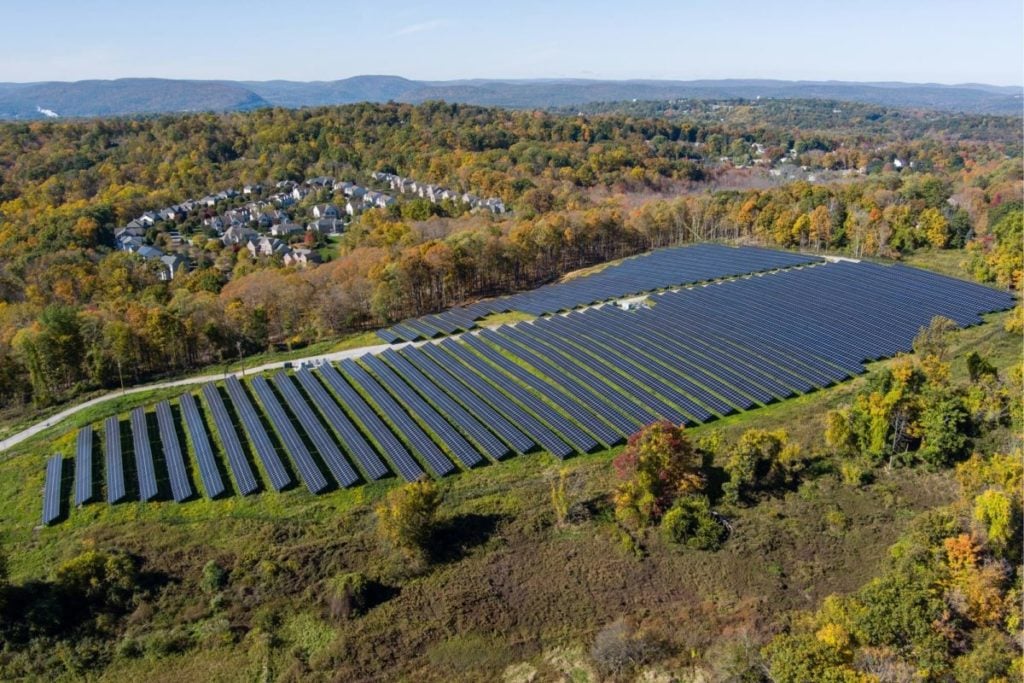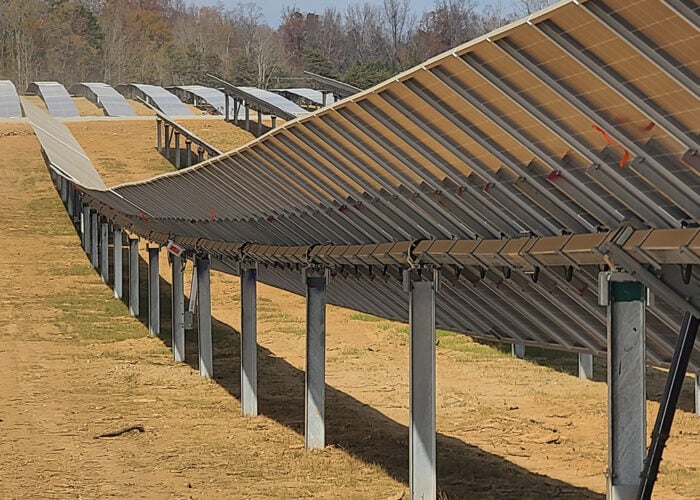
The Bank of Montreal (BMO) has donated US$3 million to California-headquartered non-profit GRID Alternatives to support the provision of low-to-no cost solar PV, storage and clean mobility programmes to “underserved families” in the Western US.
Focusing on California, Colorado and western Native communities, GRID said that the money will allow it to install community solar systems for 1,200 families, 250 battery powered systems and 1,400 charging stations.
Unlock unlimited access for 12 whole months of distinctive global analysis
Photovoltaics International is now included.
- Regular insight and analysis of the industry’s biggest developments
- In-depth interviews with the industry’s leading figures
- Unlimited digital access to the PV Tech Power journal catalogue
- Unlimited digital access to the Photovoltaics International journal catalogue
- Access to more than 1,000 technical papers
- Discounts on Solar Media’s portfolio of events, in-person and virtual
“The impacts of climate change are often felt most acutely by those that are the least able to address them. Investments to support progress in climate resilience and economic wellbeing are a critical lever in supporting these communities and helping to scale renewable energy sources,” said Melissa Fifield, head of the BMO Climate Institute, which was launched in 2021 as part of the bank’s Climate Ambition programme and aims at a 30% emissions reduction by 2030.
“This investment will help us in our efforts to ensure that communities that have historically faced climate injustice and pollution have access to the benefits of renewable energy,” said GRID CEO Erica Mackie.
GRID said that the projects will enable participants to fulfil 70-80% of their electricity needs with solar power, widening their access to clean energy and increasing their energy independence and reducing bills.
A feature from PV Tech Premium last week explored these same themes with regards to community urban agrivoltaics – the pairing of small-scale community solar projects with urban agriculture to increase energy and food security, as well as access to land, for communities that may otherwise struggle to have independent access to these resources.
Community solar projects are fertile ground for PV investors and developers in the US; PV Tech Premium recently published a deep dive into the potential for the sector to scale up following the Inflation Reduction Act (IRA) incentives, and reports from Wood Mackenzie have suggested that the sector could reach 14GW of installed capacity by 2028.
The East Coast, in particular New York and New Jersey, has been a leader in community solar deployment.
Solar developer Nexamp signed a 1.5GW community solar module supply deal with Canadian-headquartered module manufacturer Heliene last month, which the company said was ‘unprecedented’ in size. Another developer, Dimension Renewable Energy, secured US$237 million in financing earlier this year to support the rollout of its community solar portfolio.







